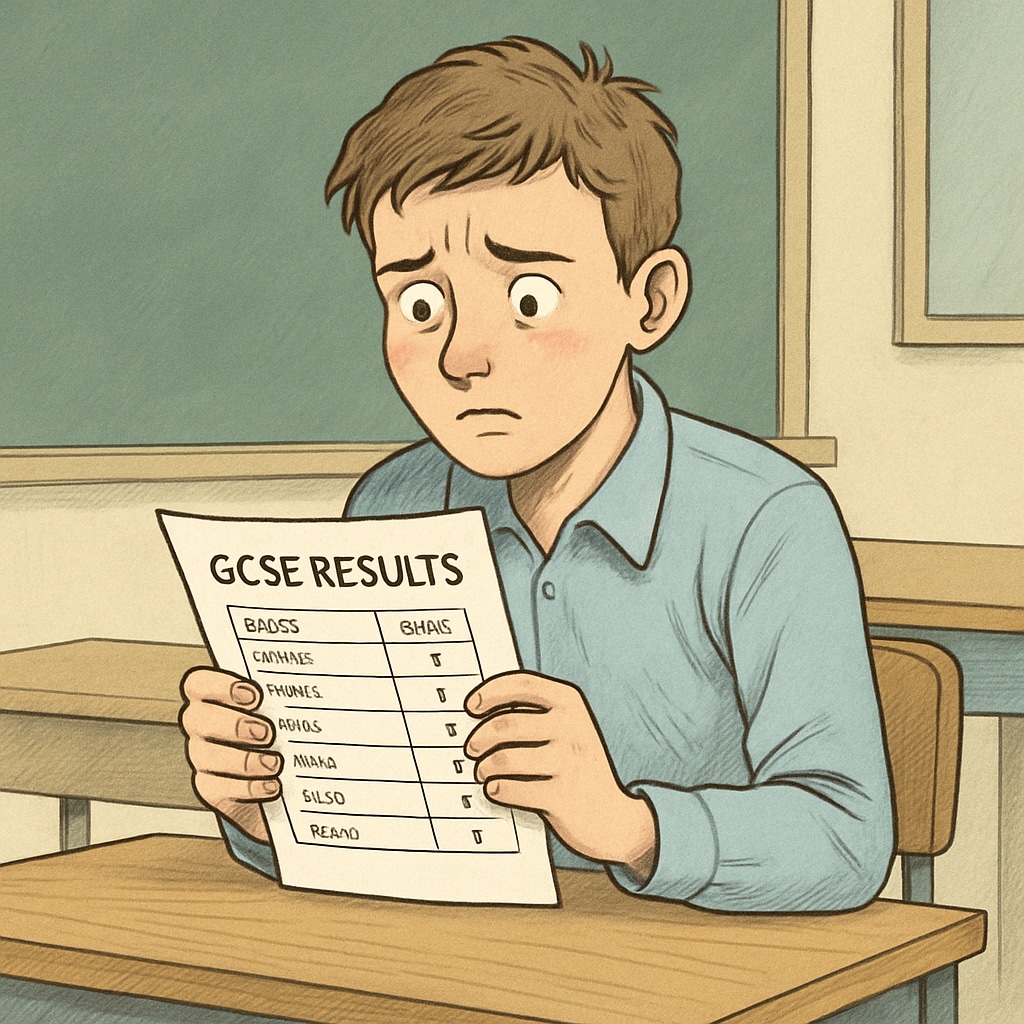For many students, the arrival of GCSE results brings a mix of emotions, from excitement to overwhelming anxiety. The fear of academic failure and its perceived long-term consequences can take a toll on students’ mental health, shaping their self-esteem and future aspirations. However, it’s essential to understand that academic anxiety, while common, does not have to dictate one’s future prospects. By redefining what success looks like and embracing the diverse paths available in education and career development, students can overcome the pressure tied to their exam results and build a fulfilling future.
Understanding the Emotional Impact of GCSE Results
The release of GCSE results is a significant milestone, yet it is often accompanied by stress and self-doubt. For some, lower-than-expected grades can lead to feelings of inadequacy, while others might equate poor results with limited opportunities. This academic anxiety is not unique to any one student; it stems from a system that places heavy emphasis on numerical achievements as indicators of potential.
In the UK, GCSEs are pivotal because they influence access to higher education pathways and career options. However, focusing solely on results can overshadow the broader picture. For instance, a student who excels in creative fields but struggles with standardized tests may feel undervalued, despite possessing unique talents. Consequently, it’s vital to address the emotional toll of GCSE outcomes and encourage students to view these results as a stepping stone rather than a definitive measure of success.

Redefining Success Beyond Academic Performance
Success is often narrowly defined in traditional educational settings, where grades take center stage. But in reality, success encompasses much more than academic achievements. Attributes such as resilience, creativity, communication skills, and adaptability are equally, if not more, valuable in the workplace and in life.
For students who may not achieve top GCSE results, it’s important to focus on alternative pathways and strengths. For example:
- Vocational Training: Apprenticeships and trade schools offer hands-on experience and direct career paths in fields like technology, healthcare, and construction.
- Entrepreneurial Opportunities: Building a business or pursuing freelance work can be a rewarding route for those with innovative ideas.
- Creative Pursuits: Careers in the arts, design, or media often value portfolios and real-world experience over exam scores.
- Lifelong Learning: Education does not end with GCSEs. Further studies, certifications, and self-learning can open new doors at any stage of life.
By broadening the definition of success, students can better align their goals with their passions and abilities, reducing the undue stress tied to exam results.

Practical Strategies to Manage Academic Anxiety
Dealing with academic anxiety requires a combination of proactive strategies and support systems. Here are some effective ways students can manage stress and focus on their growth:
- Set Realistic Goals: Aim for progress instead of perfection. Break long-term objectives into smaller, achievable steps.
- Seek Support: Talk to teachers, counselors, or trusted adults who can provide guidance and encouragement.
- Practice Self-Care: Regular exercise, a balanced diet, and sufficient sleep can significantly reduce stress levels.
- Focus on Strengths: Identify what you excel at and build confidence in those areas, whether academic or non-academic.
- Explore Multiple Options: Research various educational and career pathways to understand that there is no single route to success.
Additionally, parents and educators play a crucial role in alleviating academic anxiety by fostering a supportive environment. Reassuring students that their worth is not tied to grades can help them maintain a positive outlook and resilience in the face of challenges.
Looking Forward: Building a Future Beyond GCSEs
While GCSE results are an important milestone, they are not the end-all-be-all of a student’s journey. Life is full of opportunities for growth, and setbacks are often the gateway to new possibilities. Many successful individuals, from entrepreneurs to artists, have demonstrated that academic results are merely one chapter in a much larger story.
In conclusion, it’s time to move beyond the traditional fixation on grades and embrace a more holistic view of education and success. For students facing academic anxiety, remember that your potential extends far beyond a piece of paper. By exploring diverse opportunities and focusing on personal growth, you can chart a path that is both fulfilling and uniquely yours.
For further reading:


